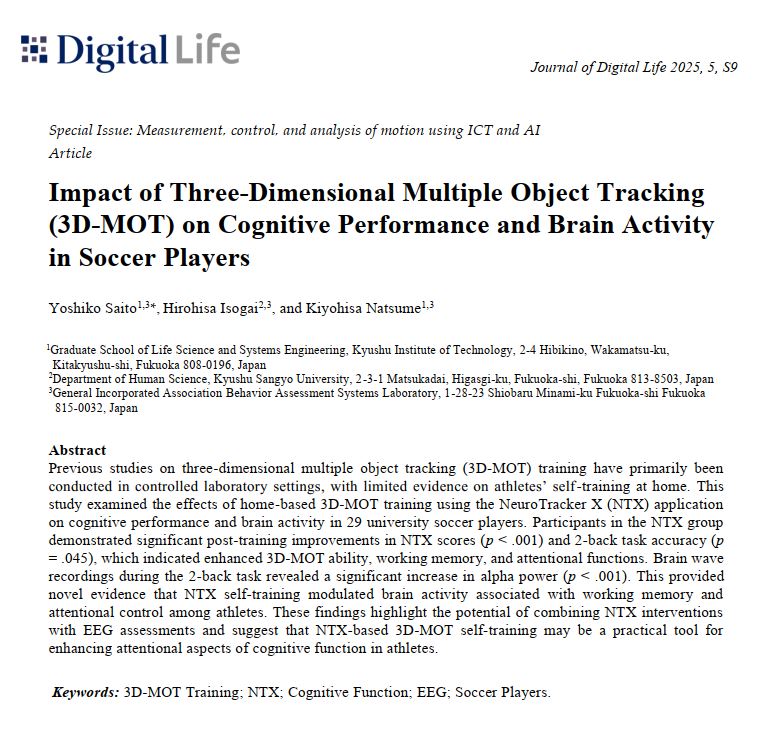Welcome to the Research and Strategy Services at in today's fast-paced.


To some degree or another, many people associate chocolate as a sin. Science tells a different story when it comes to dark chocolate. Here we’ll discover why this cacao-based product is actually more like a nootropic, and should be thought of as a superfood for your brain.

Put simply, they are all the same thing: cacao. Cacao refers to the raw material, namely the cacao beans that are harvested from the cacao tree.
Cocoa is created after the beans are finely ground into a powder and roasted. Special roasting techniques remove most of the natural bitterness of the raw beans, making them much more palatable.
Cocao nibs are often the option of choice for cocao purists, and are highly nutritious. However, much of the nutrition and health benefits are still retained after roasting.
Cocoa is found in different forms, and can be consumed as a drink or blended with sugar, milk, cocoa butter and cacao to make chocolate.
Compared to white or milk chocolate, dark chocolate is mostly pure cocoa. When you see the percentage clearly labelled on most dark chocolates, you essentially know how much of it is actually roasted cacao. This typically ranges from 70-85%, but can go to 100%.
The takeaway is that although chocolate has a naughty-but-nice reputation, high quality dark chocolate can definitely count as a super food, as there are impressive health benefits, especially for the brain.

There are several natural ingredients in dark chocolate that makes it especially nutritious.
Dark chocolate is packed with flavonoids, which have direct interactions with pathways crucial for triggering gene expression and protein synthesis in long-term potentiation. In the hippocampus, flavonoids promote the expression of a protein called brain-derived neurotrophic factor (BDNF). BDNF is key in the process of adult neurogenesis, neuronal survival and synaptic growth.
Flavonoids also interact directly with cellular and molecular structures involved in memory function and can promote other cognitive benefits.
Lastly, they have cardiovascular benefits, such as the maintenance of normal blood flow and improvement of blood pressure.
Antioxidant polyphenols are plant chemicals that are healthy for you. These circulate through your bloodstream, helping protect your body from oxidative stress, or free radical damage. When you reduce free radicals in your body, you also lower systemic inflammation.
Dark chocolate contains key minerals like magnesium, calcium, potassium, iron, copper, and zinc. These minerals are all crucial for optimal brain functions.
Lastly there is natural caffeine, which is a known psychostimulant. Though the effects are temporary, caffeine enhances cognitive processes that generally underlie all types of mental performance, such as processing speed and reaction time.

Fortunately a lot of high quality research has been conducted on cocoa and chocolate. Here are some of the key benefits that have been scientifically validated in controlled studies.
A recent randomized controlled trial found that eating 85% cocoa dark chocolate increased microbial diversity (a marker of gut health), leading to significant improvements in daily mood.
Each day for three weeks, participants in the study ate just 10 grams of dark chocolate in the morning, at lunch and in the early evening.
The key finding of this study is that the mood boost was directly associated with boosts in microbial diversity, which influence the gut-brain axis, the bidirectional communication pathway between the nerves in our gut and brain.
There have been many cacao studies conducted with older populations and those with mild cognitive impairment, known to be the precursor to dementia and neurodegenerative conditions like Alzheimer’s disease.
For practical reasons these studies typically involve consuming cocoa-based drinks over 4-8 weeks, then comparing the cognitive effects to non-consumers.
Research findings have validated improved processing speed, executive function and working memory in individuals with mild cognitive impairment. What’s more, the level of benefits correlates with the amount consumed, with a higher concentration of flavanol intake specifically leading to improvements in verbal fluency.
Overall, research points to cocoa as a novel tool for the protection of human cognition and a way to counteract cognitive decline.
Due to the positive findings in aging, research in recent years has investigated the benefits for children and young adults.
A meta-review of eleven intervention studies analyzed the benefits from short- and long-term consumption of cocoa on cognitive performance, revealing that both had a positive effect on several cognitive outcomes.
After acute consumption, beneficial effects were seen with an increase in cerebral blood flow and cerebral blood oxygenation.
After chronic intake of cocoa, better overall cognitive performance, along with increased levels of neurotrophins was found. Neurotrophins regulate development, maintenance, and function of nervous systems.
Overall cacao shows potential to widely improve brain functions and neuroplasticity in early adulthood, potentially having life-long benefits.
There is now a good body of evidence that not only is dark chocolate not bad for you, it has all the hallmarks of a real superfood for the brain!
There are many expensive supplements on the market advertising brain health benefits, without necessarily having the research to back them up. In contrast dark chocolate is a delicious, accessible and easily affordable way to consume a mostly natural nootropic that comes with a plethora of positive brain health effects.
It’s time to think of dark chocolate not just as a treat, but as a healthy lifestyle habit from youth into old age.








Welcome to the Research and Strategy Services at in today's fast-paced.

Rest can help cognitive recovery, but focus doesn’t always return immediately. This article explains why different cognitive systems recover at different speeds and why improvement often unfolds gradually.

Cognitive recovery is rarely linear — and improvement doesn’t always look immediate. This guide explains how recovery unfolds over time and why sustainability depends on recalibration, not quick resets.

Cognitive scores naturally fluctuate — but patterns matter more than single sessions. This guide explains how to distinguish noise from meaningful change over time.
.png)